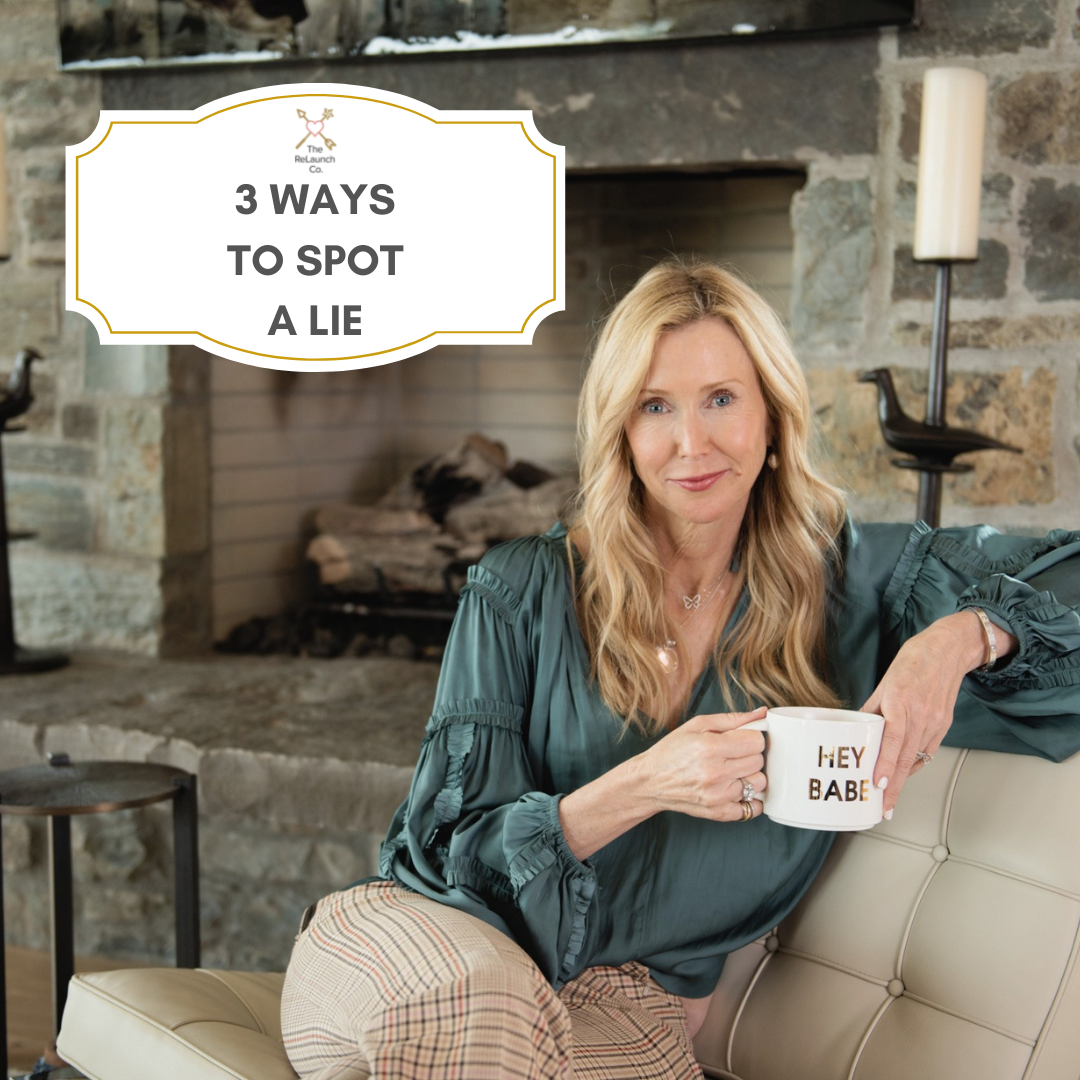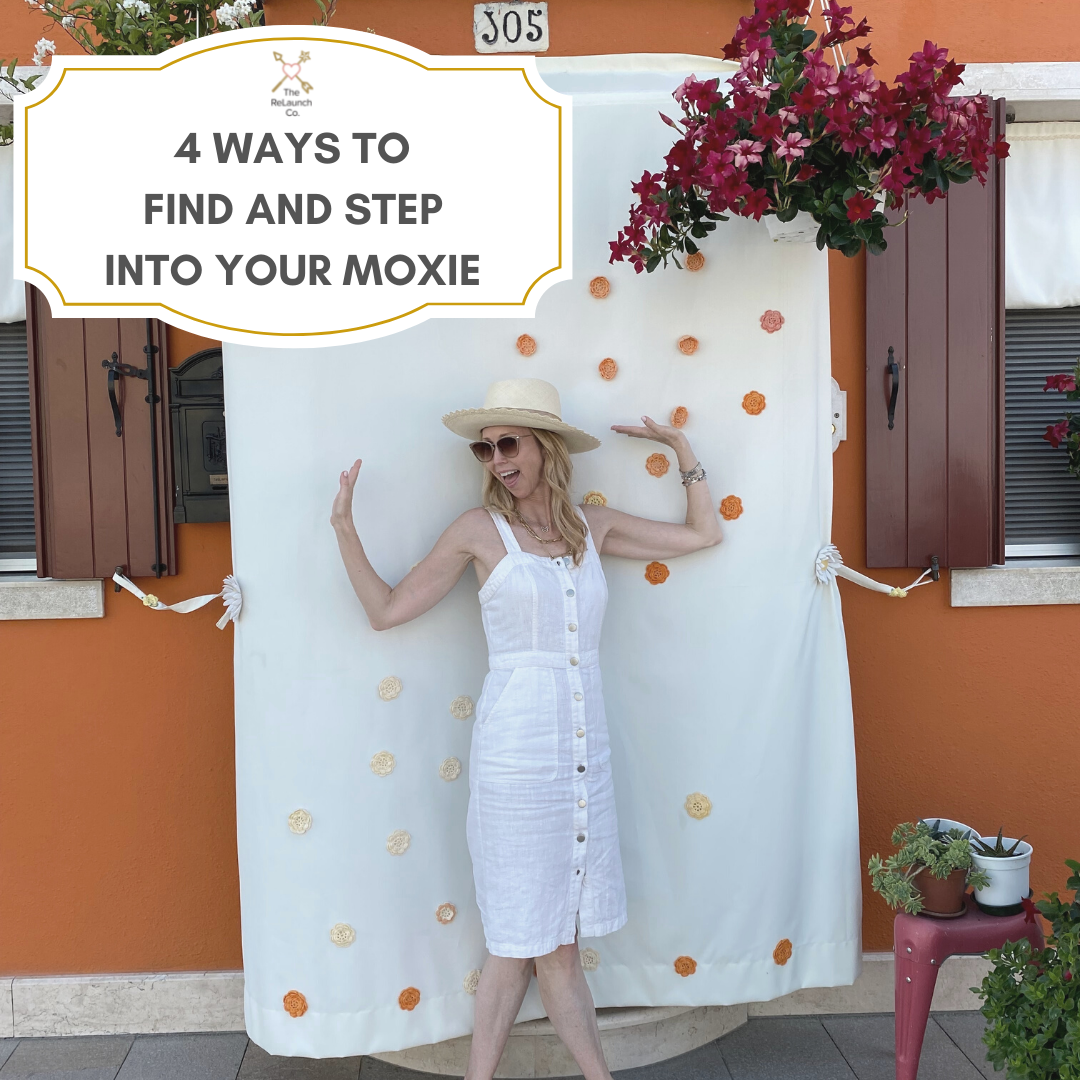
If the truth will set you free, what about the opposite? Chances are you know how damaging a lie can be. Even little white lies can lead to big problems in the future. Big or small, lies have the potential to destroy relationships, end careers, and damage reputations.
What if you could learn to spot a lie before it’s too late?
Traci Brown has been named by Time Magazine as one of America’s top deception detection experts. She frequently works with top law enforcement officials to stop cases of fraud all around the country. This means Traci knows how to spot a lie.
If you’re looking to protect yourself, your loved ones, and even your career from the destruction of deception and fraud, she has 3 key insights:
- Believe the body first
Let’s start with the easy stuff – the yes or no question. When you ask someone that you suspect is lying a direct yes or no question, look at their body language first. That means you’ll need to take their words with a grain of salt.
For example, say you ask your spouse if they made a big purchase before you had a chance to discuss it. If they say “I’d never do that!” but they’re nodding their head yes, believe the body.
When body language and words don’t match, it’s because people are hard wired to speak truth through their physical actions. Regardless of what they say, this is often the first indicator that something is amiss.
- Establish a baseline
You may have heard that if someone doesn’t look you in the eye it means they’re lying. But that’s only if they would normally look you in the eye.
If you suspect someone of deception, it’s important to establish a baseline for their behavior.
Everyone has a ‘normal’ way they behave. But when someone lies, their brain goes into cognitive overload. It’s simply doing too much – from trying to keep up with the situation by creating more story, to buying time to build the lie, to the feeling and emotion that goes along with it. When this happens, the person’s ‘normal’ body language may shift. If it shifts dramatically, pay attention.
- Follow your gut
Lastly, if it doesn’t feel right, it probably isn’t. That feeling is your intuition, and it’s often a warning sign telling you to pay attention. Use it to look for the other clues mentioned above, such as mismatched body language and abnormal behavior. It can also be helpful if it’s difficult to establish a baseline, such as when dealing with a new client or a salesperson.
Not sure you can trust your gut? Look to the past. Has there been a time when you didn’t follow your intuition and wound up paying the price?
Every day, people go into business with, marry, or simply trust the wrong person. They lose money to scams and get caught up in scandals. Events like these may be avoided if you choose to follow your gut.
Lies have the power to do harm. But you can take back that power. Merge your intuition with what you observe, and you’ll have the opportunity to stop deception from damaging your life.





